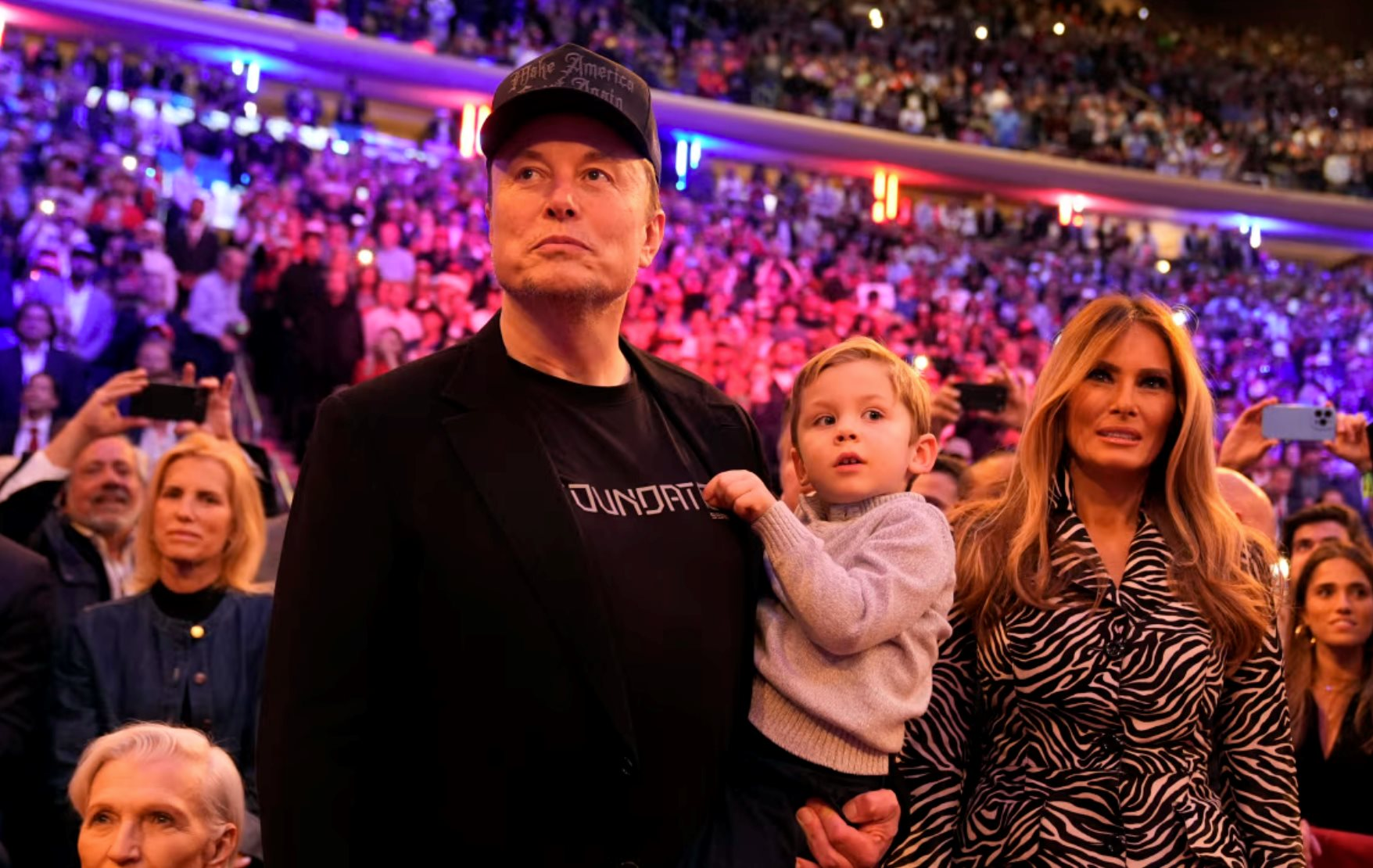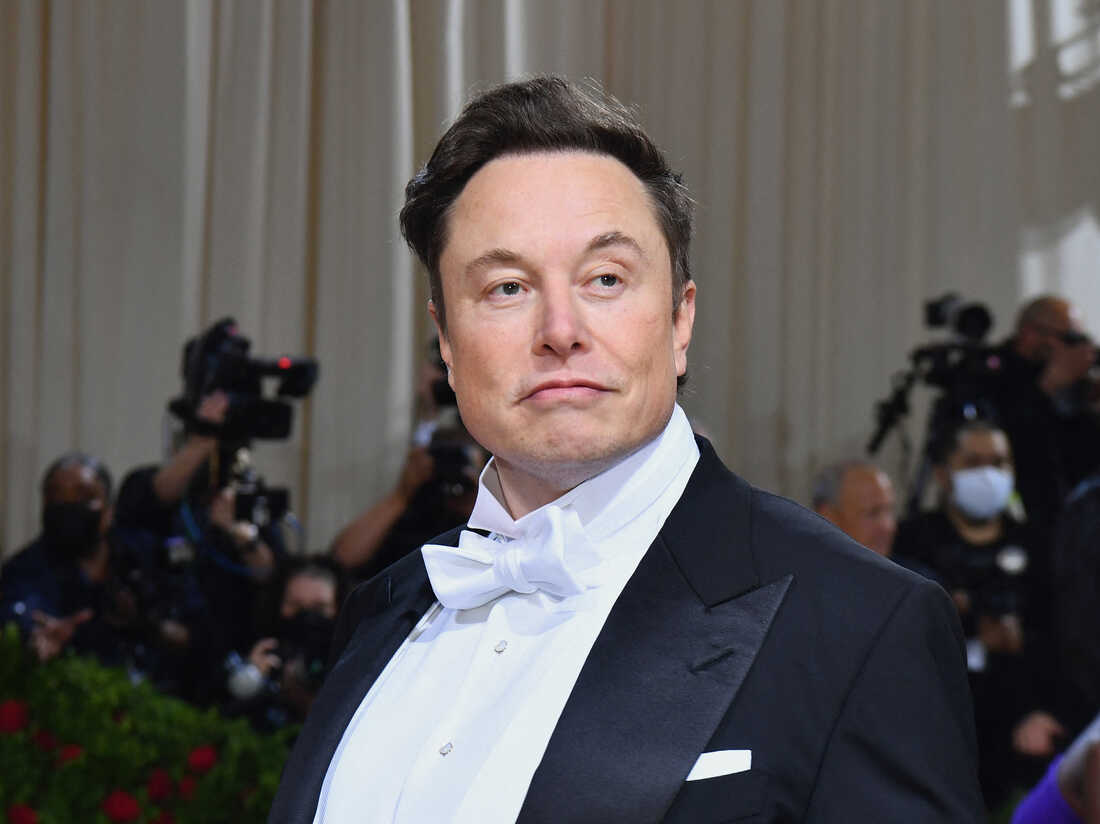
In the ever-expanding universe of Elon Musk’s entanglements—be it corporate chaos, political provocations, or personal pursuits—another startling revelation has emerged, this time involving cryptocurrency influencer and content creator Tiffany Fong. The drama unfolded not in the boardrooms of Tesla or on the launchpads of SpaceX, but in the private inboxes of X (formerly Twitter), where Musk, the tech titan with over 219 million followers, allegedly slid into Fong’s DMs with an audacious proposal: would she be interested in bearing his child?
This surprising overture came during a period of heightened online interaction between the two. Fong, who had gained prominence for covering the meteoric collapse of crypto tycoon Sam Bankman-Fried, found herself in Musk’s virtual orbit after posting politically charged content supportive of president Donald Trump.
Musk, known for engaging directly with lesser-known users on his platform, took notice.
He began liking and replying to her tweets, offering her the type of algorithmic blessing that can transform a niche influencer into an internet sensation overnight.
That attention translated into tangible gains for Fong. Through X’s revenue-sharing program for creators, boosted engagement from Musk's public replies reportedly brought her $21,000 in just two weeks in November. But behind the scenes, the dynamic shifted into deeply personal territory.
According to individuals familiar with the messages, that same month, Musk sent Fong a direct message with an unusual and provocative question: was she interested in having his baby?
The two had never met in person. And yet, Musk—who has made no secret of his pro-natalist philosophy and stated mission to populate the Earth with more humans he deems genetically or ideologically worthy—allegedly extended the invitation to Fong to “join the legion” of mothers in his increasingly complex family web.
Fong, reportedly flattered but concerned, confided in close friends, including Ashley St. Clair—another online conservative personality—about the unsolicited proposal and her worries that turning down Musk could damage her career and earnings.

Ultimately, Fong chose to reject Musk’s request. Her vision of motherhood leaned toward a traditional nuclear family model, and bearing the child of a man she had never met didn’t align with her values. But what may have felt like a personal decision soon escalated into public consequence. Word of her disclosure apparently made its way back to Musk.
Sources claim he was displeased with Fong’s lack of “discretion” in the matter and, in a digital show of disapproval, unfollowed her on X. This seemingly minor action marked the beginning of a downturn in Fong’s online fortunes. Her follower engagement plummeted, and her X-based earnings nosedived.
The backlash didn’t end there. Rumors began to circulate online that Fong had accepted Musk’s proposal and was pregnant with his child.
These whispers gained momentum following revelations about other women allegedly approached by Musk for similar purposes—part of what some now refer to as his informal “baby harem.” Fong, incensed and bewildered, took to social media in February to confront the speculation head-on.

“Wow, according to the Internet I’m ‘pregnant.’ Congrats to me, this is huge news!!!” she posted with biting sarcasm. She followed up, reaffirming her position: “As far as I know, I am not pregnant, but thank you!!!”
Her denials, however, did little to stop the storm. For many, the issue was less about whether Fong was pregnant and more about the chilling power dynamic that underpinned the entire situation.
This episode reveals a broader pattern of behavior that critics argue exposes Musk’s warped intersection of influence, fertility, and digital intimacy. Musk is no stranger to controversy when it comes to his growing list of children, many of whom have been born under non-traditional circumstances involving non-disclosure agreements, alleged financial settlements, or hush-money payouts.
The Fong incident echoes similar accounts from other women who have interacted with Musk online and later received personal propositions.
It also reignites debate around Musk’s public commitment to “making more humans” as a civic duty, a view he has espoused repeatedly in interviews and public comments. For a man who has openly criticized birthrate decline and expressed concerns over the future of civilization, procreation is not just a private matter—it’s a mission.

But critics argue that Musk’s approach blurs ethical lines, particularly when power imbalances and professional consequences are involved.
Tiffany Fong’s experience, while unique in detail, is emblematic of the high-stakes, hyper-surveilled world of internet fame—where a billionaire’s attention can launch your career or crush it overnight. Fong’s rise was swift, but so was the descent after she refused to play along with Musk’s personal agenda.
Despite the public fallout, Fong has attempted to maintain a sense of humor and resilience, leveraging her online platforms to tell her side of the story, and resisting pressure to retreat into silence.
Her experience has also sparked a quiet conversation among women in tech and crypto spaces about boundaries, consent, and the implications of digital patronage. When online visibility becomes a currency, and that currency is tied to the whims of the world’s richest man, what protections, if any, exist for the women caught in the middle?
For now, Musk has remained silent on the issue, choosing not to acknowledge the allegations publicly. Fong, meanwhile, continues to operate as an independent voice in crypto journalism, albeit with fewer clicks and less income than during her Musk-fueled peak.

But if history is any guide, this will not be the last time Musk’s digital flirtations make headlines—or the last woman whose life is upended by a DM from the man who built rockets to escape Earth, yet can’t seem to stay out of terrestrial scandals.
As Musk seeks out more women for his self-appointed reproductive mission, questions remain: Where is the line between personal choice and power play? Between creator support and conditional patronage? Between a DM and a demand?
For Tiffany Fong, the answer was clear. She said no. And in doing so, may have paid the price for crossing a billionaire's unwritten rule—discretion above all.
But her story is far from over. If anything, it serves as a striking case study in modern digital influence, gender politics, and the blurred lines between private propositions and public fallout. And for Elon Musk, it adds yet another chapter to the saga of a man whose personal life continues to generate as much turbulence as the rockets he builds.
-1742653910-q80.webp)
-1747889572-q80.webp)
-1747904625-q80.webp)
